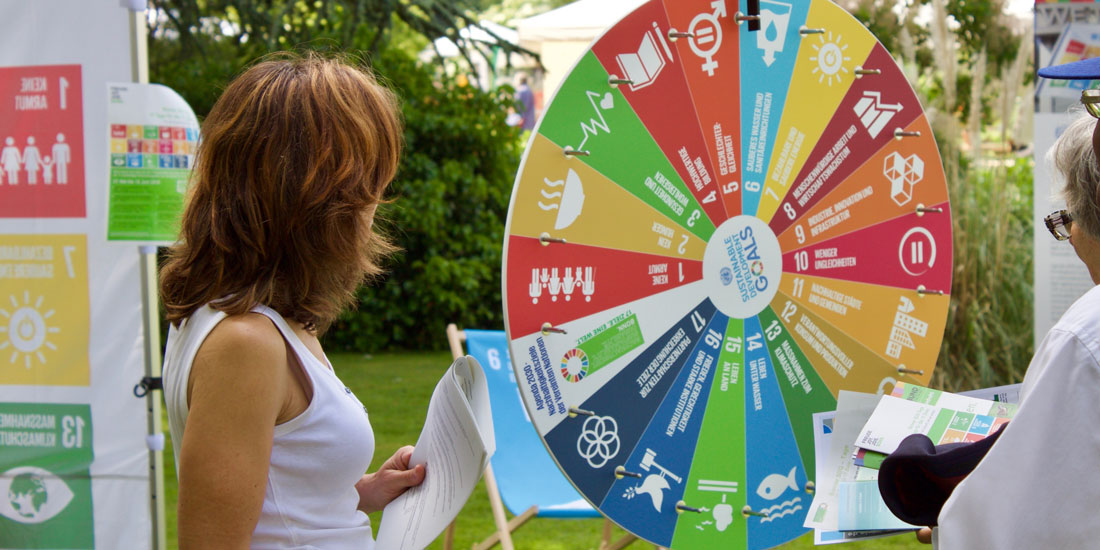This call reflects the discussions and exchange among the participants at Daring Cities 2021. ICLEI will convey this call to various processes throughout Urban October and UNFCCC COP26 in Glasgow, and beyond.
Background
The climate emergency is a global challenge, with local, subnational, national, continental, and planetary dimensions the likes of which the world has yet to face. Governments, institutions, leaders, and communities must prepare, mobilize, and act in a manner that has not been experienced during any previous crises in the history of humanity. Yet despite this, the number of governments declaring climate emergency and fully delivering on their promises is insufficient.
Tackling a challenge as widespread and multifaceted as the climate emergency requires significant change of personal, institutional, and societal mindsets. Communities, leaders, and institutions need transparency, clarity, and greater preparedness on the scale and scope of these changes and must build upon the successes or failures of previous challenges in embracing this change.
Cities and regions are uniquely positioned for the implementation of critically needed local climate action. However, no city, town or region is – nor can be expected to be – capable of tackling the climate emergency on their own. To ensure the essential, transformational changes required, we must unite and collaborate in a collective effort like no other.
The daring cities, towns, and regions already responding to the climate emergency need support and action from fellow local and regional governments, from communities and stakeholders at large, and from national governments and the international community.
These are their demands.
Towards fellow local and regional governments
· Declare climate emergency to mobilize resources and increase capacity to achieve climate commitments.
Connect climate emergency declarations to net zero, climate neutrality, and resilience commitments for 2030 and 2050, in order to harness public and political engagement, ensure institutional ownership, and mobilize much-needed financial, technical, and human resources for effective climate action implementation.
· Mobilize all hands-on-deck, throughout your administration and among your community.
Establish whole-of-government approaches to implement urgent climate actions spanning all departments. Actively engage and coordinate both vertically with other levels of governments, as well as horizontally with neighboring and fellow municipalities and administrations. Take initiative in implementing whole-of-society approaches by directly consulting and associating with them in the climate action implementation.
· Prepare your community for the worst as the new normal.
We need to review, redesign, and refurbish all elements of the urban infrastructure to cope with extreme climate disasters such as heat waves, floods, fire, and cold. We must embrace new technologies for 100% renewable energy, as well as nature-based, circular, and equitable solutions, while seeking appropriate collaboration models with finance institutions for investment.
Towards communities and stakeholders at large
· Demand your local, regional, and national legislative bodies declare climate emergency.
Require your politicians and political representatives to prioritize tackling the climate emergency.
· Make ambitious changes within your own sphere of influence.
Adopt 1.5°C lifestyles and organizational practices, and prioritize sustainability and climate neutrality in personal and professional priority-setting and decision-making. Help to create a culture that embraces responding to the climate emergency in everyday decision-making.
· Actively participate in the implementation and follow up of climate emergency declarations.
Offer support to local and regional governments to engage with fellow community members on the importance of climate emergency mobilization, most importantly with those who have not yet made it their own personal or organizational priority.
Towards national governments and the intergovernmental community
· Declare and support nationwide climate emergencies.
Enable emergency governance to be undertaken at multiple scales by declaring nationwide climate emergencies. Climate emergency declarations should receive political and institutional support from respective UN bodies and be embedded in the 2030 Agenda for Sustainability.
 · Embrace multilevel governance and implementation as the new normal.
· Embrace multilevel governance and implementation as the new normal.
Embrace multilevel and collaborative action as an enabler of a more ambitious 2nd phase of the Paris Agreement with enhanced Nationally Determined Contributions (NDCs). Implement multilevel reporting and finance mechanisms to ensure continued collaboration.
· Ensure financing includes sustainable urbanization.
Ensure that divestments from fossil fuels, climate finance, development finance, national COVID-19 green recovery finance, and private finance effectively, directly, and rapidly contribute to the redesign of urban spaces and to building sustainable, integrated urban and territorial development around the world.




















